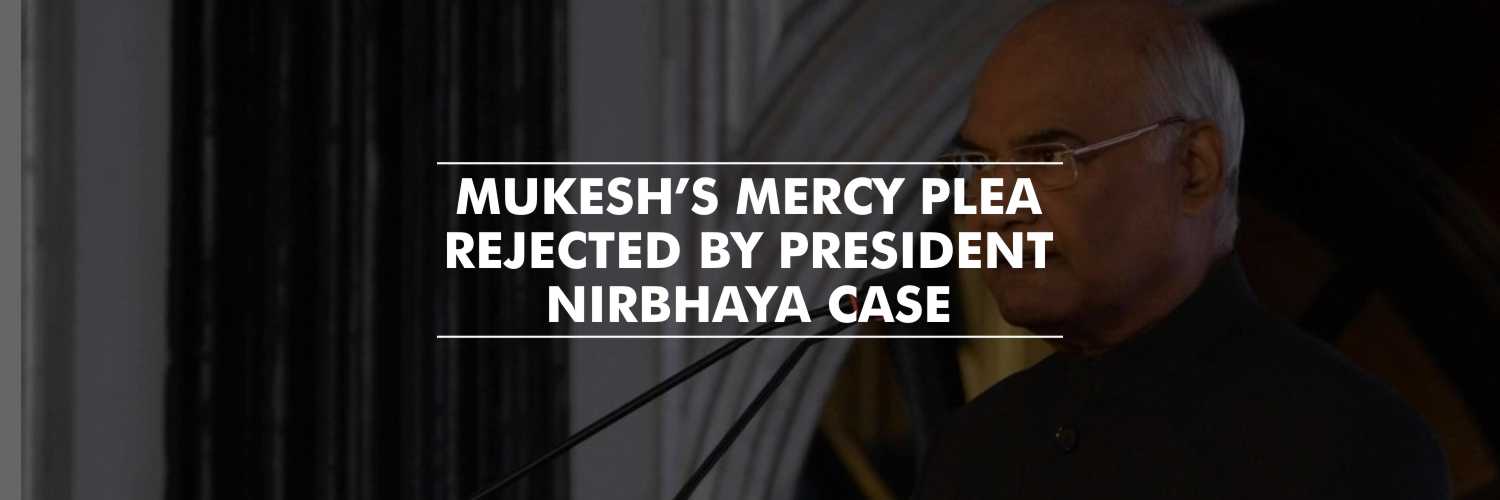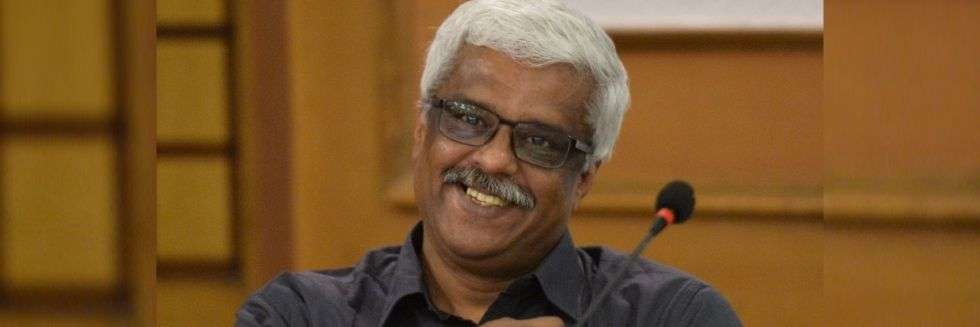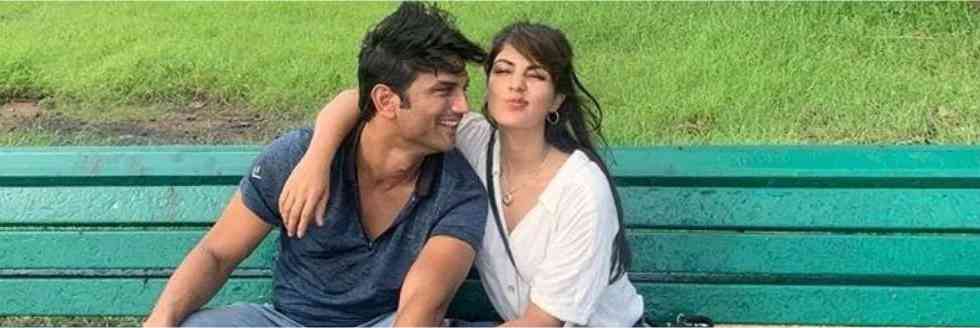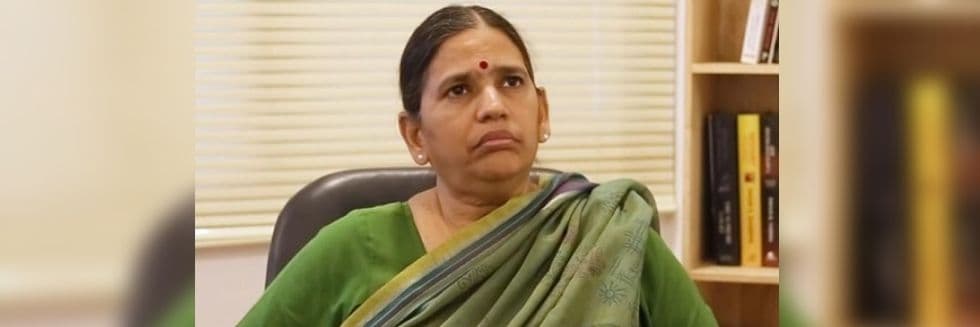Madras High Court modified a death sentence to one of life imprisonment to an appellant who was convicted of murdering his mother, wife, and two children before allegedly attempting suicide. He blamed demonetisation for taking this dastardly act.
“If the appellant (convict) is sent to the gallows, his life will get extinguished in a jiffy. Contrarily, if he is permitted to live, the thoughts of his fiendish act of liquidating his mother, wife, and two minor children will haunt him till his last breath, which, in our opinion, is a far more severe punishment, than the death sentence,” noted a division bench of Justice PN Prakash and Justice R Pongiappan.
The court further noted that the convict, in this case, was not addicted to crime or a menace to society in order to warrant the imposition of the death penalty. The HC bench opined that the trial court appeared to have been carried away by the number of injuries found on the helpless victims in the case to award the death sentence.
Modification of Sentence With A Rider
Madras HC modified the death penalty to life imprisonment with a rider that appellant/convict would not be entitled to any statutory remission or commutation of his jail sentence until he completes 25 years of actual imprisonment. He has been directed to deposit a fine of Rs 5,000 for each count of murder.
“This rider is added because he has to suffer this long at least for the mindless violence he had let loose on the hapless victims, all because, he being a coward, lacked the courage to face the financial crunch he was into,” the bench commented.
A Sordid Case Of Parricide
A Chennai man identified as Dhamodharan, stabbed his mother, wife, 5 years old daughter, and 7 years old son. He was found with a slit throat. He called his brother-in-law and informed him about the incident and also called 108 for medical help.
“My family had to suffer a great deal along with me. I wished to kill myself only, but they have already suffered a lot with me and I didn’t want to put them into more trouble by not being with them. That is why I took this decision,” wrote Dhamodharan in his suicide note.
Trial Court Findings
Dhamodharan was found guilty of murder but was acquitted of a suicide attempt charge and has sent the sentence for confirmation to the High Court under Section 366 of the Code of Criminal Procedure.
As per Section 366 of CrPC, Sentence of death to be submitted by Court of session for confirmation.
(1) When the Court of Session passes a sentence of death, the proceedings shall be submitted to the High Court, and the sentence shall not be executed unless it is confirmed by the High Court.
(2) The Court passing the sentence shall commit the convicted person to jail custody under a warrant.
High Court bench made critical observations in connection to acquitting the convict of charges of a suicide attempt. The court pointed out the appellant’s submissions wherein he projected mental stress due to financial hardships as a reason that triggered him to take such extreme step.
“The reasoning of the Trial Judge that the appellant did not actually attempt to commit suicide, but, only created a make-believe drama by cutting his throat superficially, does not cut ice with us. It is easier for a person to take another’s life than his own, because, survival instinct and self-preservation which are evolutionary traits, will intervene and pose obstacles when suicide is attempted. That is why, perhaps, the appellant did not show the same ferocity while attempting to cut his neck himself,” the court noted.
The appellant/convict was charged with an attempt to die by suicide and murder under Section 302 (Punishment for murder) and Section 309 (Attempt to Commit Suicide) of the Indian Penal Code.
(De-)Criminalisation of Attempt to Suicide- Two Laws and Multiple Ambiguities
Section 309 of Indian Penal Code Criminalising Attempt To Suicide – Whoever attempts to commit suicide and does any act towards the commission of such offence, shall be punished with simple imprisonment for a term which may extend to one year [or with fine, or with both].
Section 115 of Mental Healthcare Act, 2017 Decriminalised Attempt To Suicide – Notwithstanding anything contained in Section 309 of the Indian Penal Code, any person who attempts to commit suicide shall be presumed, unless proved otherwise, to have severe stress and shall not be tried and punished under the said Code.
Supreme Court in 2020 had sought justification from the Centre government over the validity of Section 115 of Mental Healthcare Act 2017 which allegedly negates Section 309 of IPC. MHA 2017 was introduced to decriminalise attempt to suicide after ascertaining the need to view the issue as it requires treatment rather than punishment.






